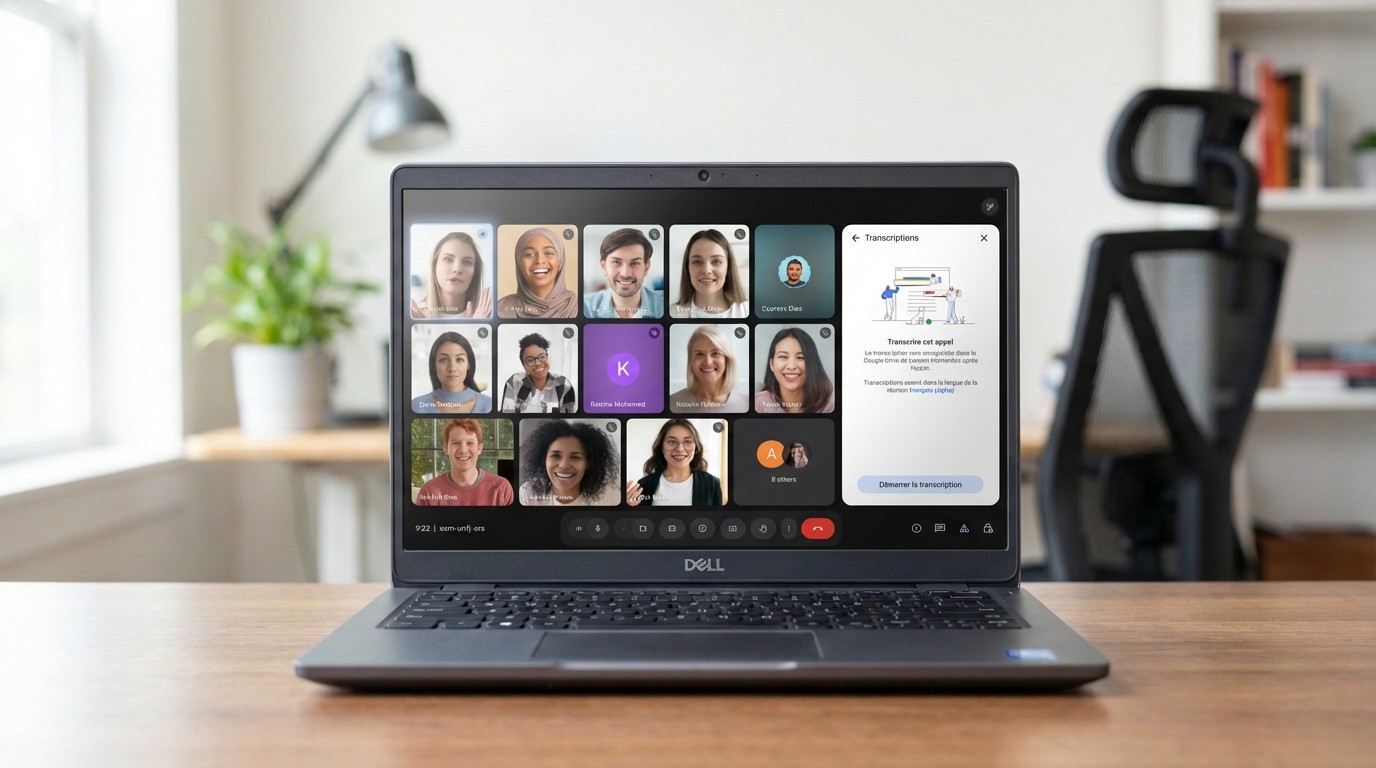The relationship between Silicon Valley, Microsoft, President Trump, and the ideology of hate
In an age when digital platforms are dubiously positioned as the arbitrators of free speech and the enablers of spreading hate, technology leaders have a responsibility and burden to hold accountable those who would do others harm.
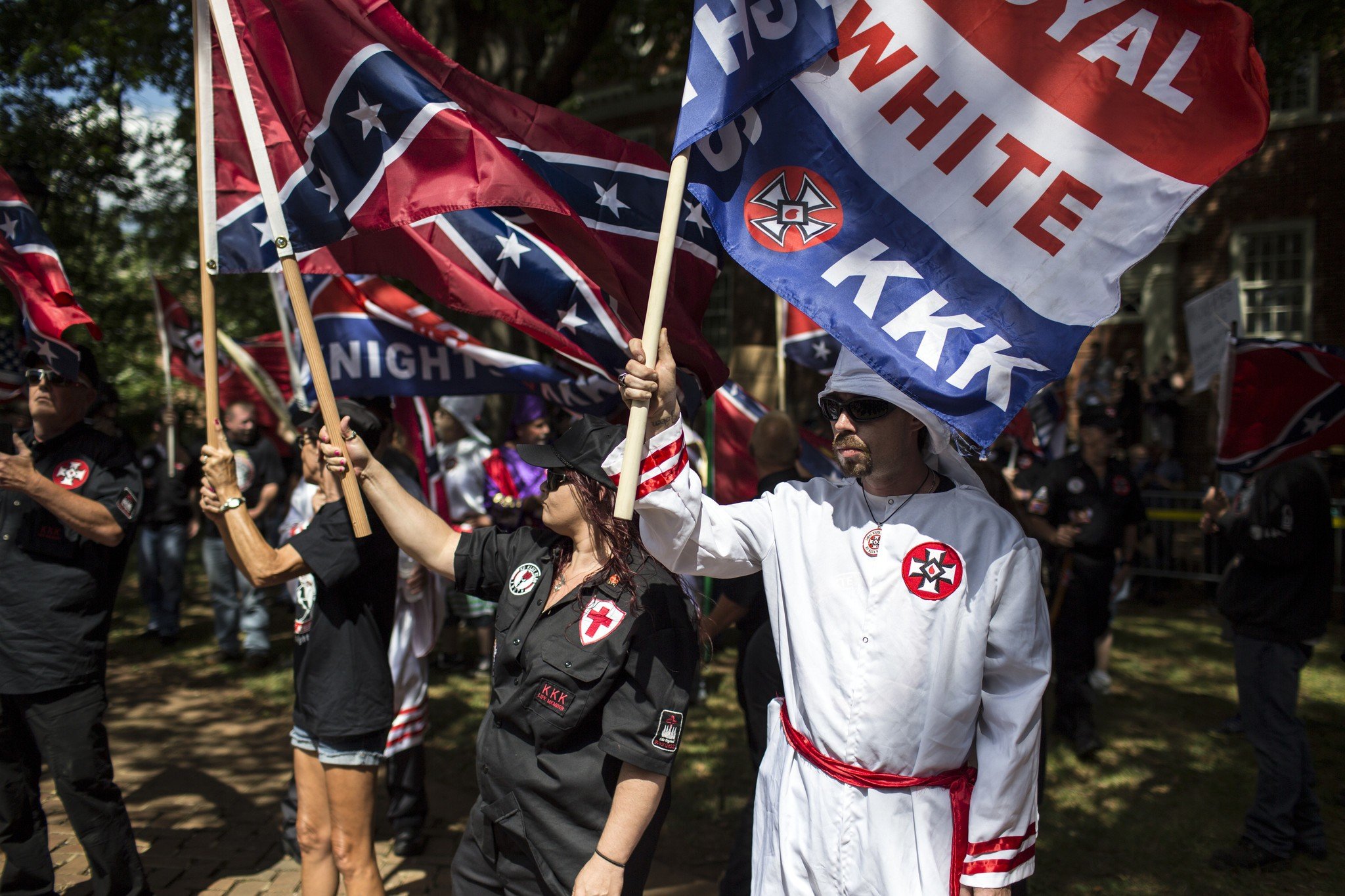
All the latest news, reviews, and guides for Windows and Xbox diehards.
You are now subscribed
Your newsletter sign-up was successful
We are living in troubled times.
The hatred and violence erupting in our streets put us all in peril. Those who would stand against this violence and hatred cannot do so alone. There is little one man can do without the support of another. An architect needs a carpenter. A pilot needs a co-pilot.
A country needs a leader that will stand unequivocally against hate. The world needs the heads of technology companies whose platforms have become the ephemeral stages to spread hateful ideologies to stand against the proliferation of messages that engender violence.
Many tech leaders are standing together united by that very message. Sadly, they've had to step away from a president who has been unclear about his stance.
Technology makes good and bad things easy
Technology has tied us together in a web of instant communication that has made our world a much smaller place. With it we can easily find, organize and indoctrinate like-minded individuals on a scale never before experienced in human history. Within this modern context, websites, video platforms, social media accounts and more have been strategically used by groups espoused to hatred.
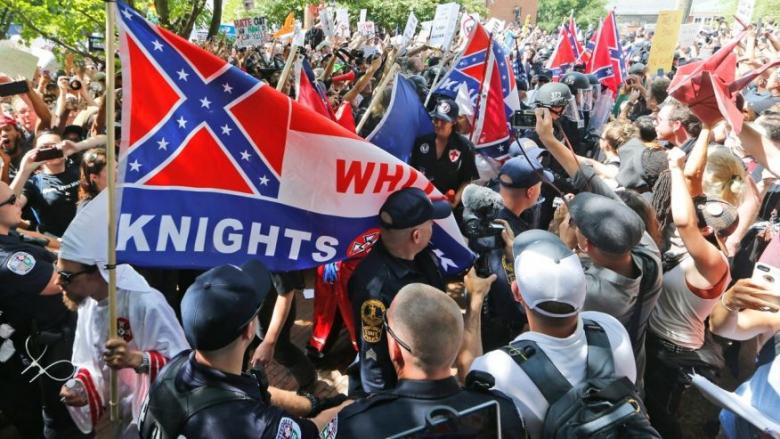
Recently, white supremacists, members of the alt-right, neo-nazis, the KKK and other hate groups have become the subject of the world's news after violence erupted at a rally in Charlottesville, Virginia, organized by the leaders of these groups. A woman named Heather Heyer was killed, and others injured in a domestic terrorist attack when James Alex Fields, a neo-nazi sympathizer, plowed over her and others who opposed the rally.
Modern technology platforms made the organization of this rally easy. In the wake of the Charlottesville tragedy, this same technology is being used to organize similar demonstrations in other locations in an effort to create a grassroots movement that is intended to take on a life of its own.
All the latest news, reviews, and guides for Windows and Xbox diehards.
Without the swift condemnation from U.S. president Donald Trump, these individuals have felt that they have the support or at least the silent approval of our nation's leader. This is especially true when initial statements from the president seemed to equate counter-protestors to white supremacists.
https://twitter.com/DrDavidDuke/status/897559892164304896
Emboldened by the masses that have stepped into the limelight, racists from various walks of life are stepping from the shadows, summoned and guided by the technology that has become the context of our modern reality.
If silence is consent, affiliation may suggest the same
It took President Trump two days and relentless bipartisan criticism to finally denounce, via a prepared statement, nazis and white supremacists as "evil" and to suggest they were responsible for the violence in Charlottesville. He backtracked on those statements the following day when speaking "off the cuff," during a news conference.
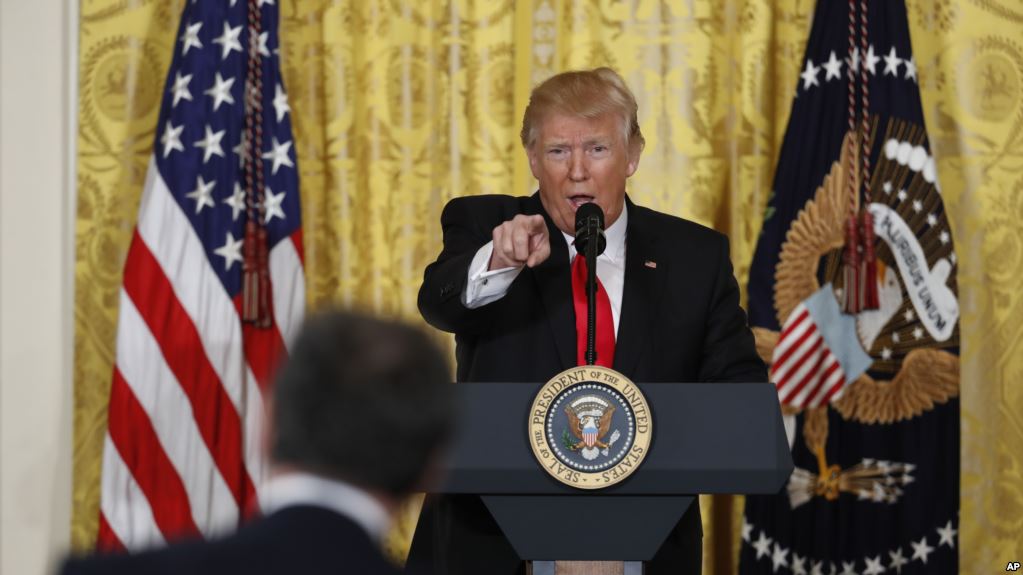
At the time of this writing, the president has yet to call the vehicular attack that took the life of Heather Heyer an act of domestic terrorism.
The irony here is that Trump, who has been criticized for his seemingly unfiltered and impetuous use of Twitter, chose to "thoughtfully" delay his response and filter his use of the social media platform in relation to these events.
It is these tumultuous events, and the seeming ambiguity of the president's stance or apparent support of these hate groups from some individuals perspectives, that have challenged the leaders of the most powerful companies in Silicon Valley and other business sectors. The departures of some leaders and the response of others that comprised two councils advising the president on the economy and manufacturing even led to Trump's disbanding of those councils.
Tech leaders are embracing the challenge of taking a strong stance against the use of their companies' platforms to spread hate and violence while recognizing the constitutional liberties of free speech.
They have begun examining their affiliations with a leader who to date, has failed to communicate a message to unite all Americans during this critical and defining time in our nation's history and his presidency. Silicon Valley's support is steadily slipping away from Washington's inner circles.
A weak foundation crumbling from within
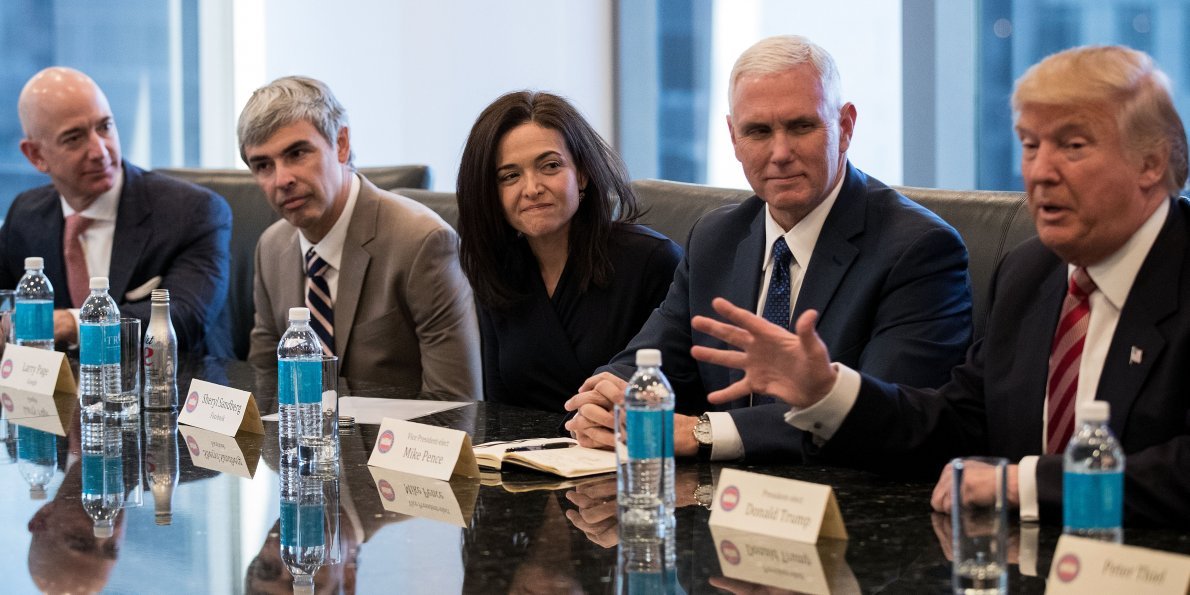
At the onset of his administration, Trump created the American Technology Council. The council is advised by, though not officially comprised of, leaders of 18 of the top tech companies, including Microsoft. The relationship between Trump and Silicon Valley began on a troubled note, however, due in part to his controversial travel ban, which many tech leaders opposed.
The council, which met in June, was mocked regarding the seeming disinterest reflected on the facial expressions of Microsoft's CEO Satya Nadella, Apple CEO Tim Cook and Amazon's CEO Jeff Bezos, which appeared to convey they only attended because of the need for a good business relationship with Washington.
After the first time around you would have thought they would have worked on their facial expressions pic.twitter.com/4xY0dDVlYhAfter the first time around you would have thought they would have worked on their facial expressions pic.twitter.com/4xY0dDVlYh— Ryan Mac 🙃 (@RMac18) June 19, 2017June 19, 2017
To disassociate completely with the president would remove these companies' "seats at the table" and negatively affect how the government purchases technology and other issues important to these enterprises. Still, the impact of the president's ambiguity regarding bigotry prompted the departure of 15 members of the digital advisory council which included Microsoft President Brad Smith.
The already strained relationship between President Trump and Silicon Valley is coming to a head. Tech leaders are also leaving strong words with the president and the hate groups they feel he has reluctantly, inconsistently or insincerely condemned.
What Silicon Valley has to say
Here are some of the statements from Silicon's Valleys leadership regarding the insurgence of hate and their positions related to the Trump administration.
Microsoft
From CEO Satya Nadella:
In these times, to me only two things really matter as a leader. The first is that we stand for our timeless values, which include diversity and inclusion. There is no place in our society for the bias, bigotry and senseless violence we witnessed this weekend in Virginia provoked by white nationalists ...The second is that we empathize with the hurt happening around us.
From CEO Sundat Pichai:
"Terrorism is terrorism and it takes many forms...Charlottesville and Barcelona show the devastating consequences of hatred and extremism.
From an unnamed Google spokesperson:
We are canceling Daily Stormer's registration with Google Domains for violating our terms of service.
The Stormer's Youtube channel followed.
Intel
From CEO Brian Krizanich:
I have already made clear my abhorrence at the recent hate-spawned violence in Charlottesville, and earlier today I called on all leaders to condemn the white supremacists and their ilk who marched and committed violence...I resigned because I want to make progress, while many in Washington seem more concerned with attacking anyone who disagrees with them.
Apple
From CEO Tim Cook:
We've seen the terror of white supremacy & racist violence before. It's a moral issue - an affront to America. We must all stand against it.
We're all the same
The technology coming from Silicon Valley has strived to accomplish that which is inherent in our very nature: we are all connected. White supremacists and other racists groups hurt themselves when they hurt others through hate and a separatist agenda.
"No one is born hating another person because of the color of his skin or his background or his religion..." pic.twitter.com/InZ58zkoAm"No one is born hating another person because of the color of his skin or his background or his religion..." pic.twitter.com/InZ58zkoAm— Barack Obama (@BarackObama) August 13, 2017August 13, 2017
Silicon Valley's leaders are right to stand against hate and to demand that our president does the same. As an African American man, and a human being that will be raising two girls in this world, I would love to see our president and the hate groups he has failed to unequivocally condemn heed the admonitions coming from Silicon Valley and others.

Jason L Ward is a Former Columnist at Windows Central. He provided a unique big picture analysis of the complex world of Microsoft. Jason takes the small clues and gives you an insightful big picture perspective through storytelling that you won't find *anywhere* else. Seriously, this dude thinks outside the box. Follow him on Twitter at @JLTechWord. He's doing the "write" thing!
